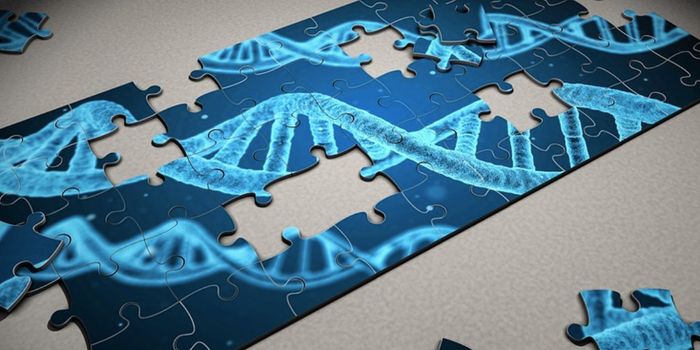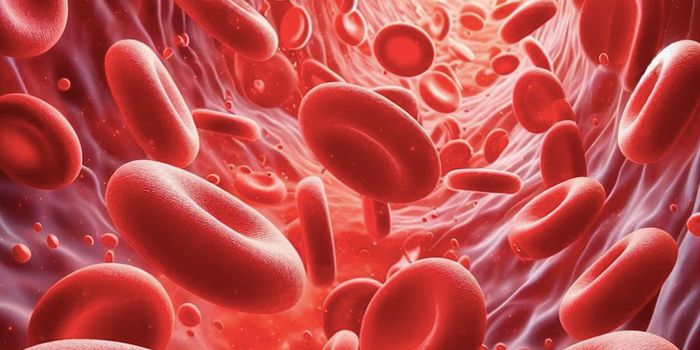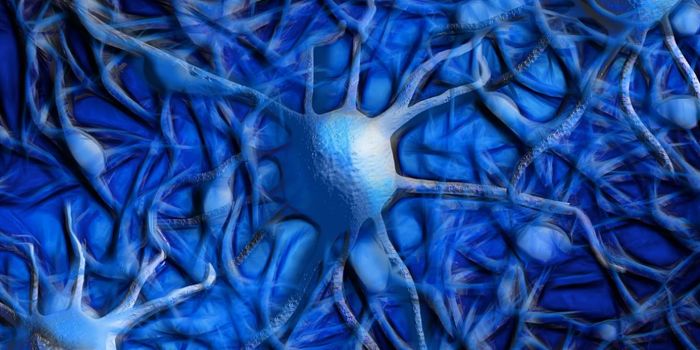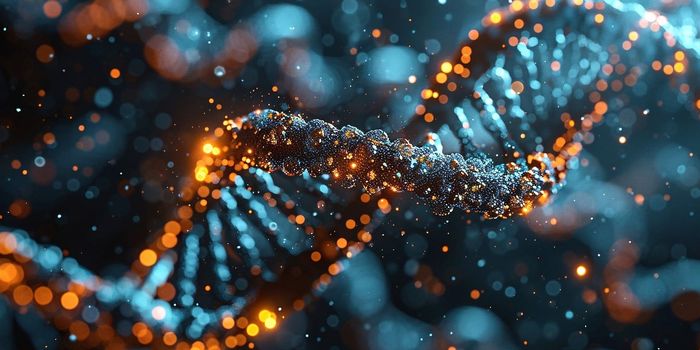Do Genetic Factors Influence the Severity of COVID-19 Infections?
SARS-CoV-2 is the name for the pandemic coronavirus that causes the illness COVID-19, which affects people in extremely different ways. While it tends to be deadliest in the elderly or those with other health conditions, some victims have been relatively young or healthy. Scientists are now looking to the human genome to see if it can provide an explanation. Though we all carry basically the same genes, small changes in the sequences of those genes give rise to wide biological variation; this may be why COVID-19 is so mild in some while being so deadly to others.
Genomic data could one day predict who is most likely to get a serious illness if they are infected, and may also aid in the development of treatments for the virus. But in order to complete this kind of study, researchers will need to analyze whole-genome sequencing data from study participants that have experienced the illness. The genomic data from people that had mild cases and those that had more serious outcomes would be compared to look for the differences.
“We see huge differences in clinical outcomes and across countries. How much of that is explained by genetic susceptibility is a very open question,” geneticist Andrea Ganna of the University of Helsinki’s Institute for Molecular Medicine Finland (FIMM) told Science.
While research on this novel coronavirus is just starting, there are some things we know. For example, SARS-CoV-2 gets into cells by using a receptor called ACE2 (angiotensin-converting enzyme 2). There may be genetic variants of the ACE2 receptor that make it easier or harder for the virus to get into cells, said immunologist Philip Murphy of the National Institute of Allergy and Infectious Diseases. Differences in genes that function in the immune system may also be at work.
Ganna and FIMM Director Mark Daly have started to gather genetic data from COVID-19 patients worldwide, as part of the COVID-19 Host Genetics Initiative. Several biobanks are working on contributing data from consenting participants, including FinnGene, which holds data for about five percent of the Finnish population and a biobank with data from about 50,000 individuals at the Icahn School of Medicine at Mount Sinai. Other biobanks, including the UK Biobank and deCODE genetics, are working on adding COVID-19 health data to their datasets.
Because biobanks may not contain all the data that is required for this kind of analysis, efforts are also being made to recruit COVID-19 patients directly. At the University of Siena, Italian geneticist Alessandra Renieri is working with eleven Italian hospitals to obtain DNA samples.
“It is my opinion that [host] genetic differences are a key factor … for susceptibility to severe acute pneumonia,” Renieri told Science.
A network of pediatricians led by researcher Jean-Laurent Casanova of Rockefeller University is also on the lookout for previously healthy young people that end up in intensive care because of COVID-19. These serious illnesses may have a genetic factor.
Now that more patients are unfortunately being identified every day, it should get easier to perform these studies.









